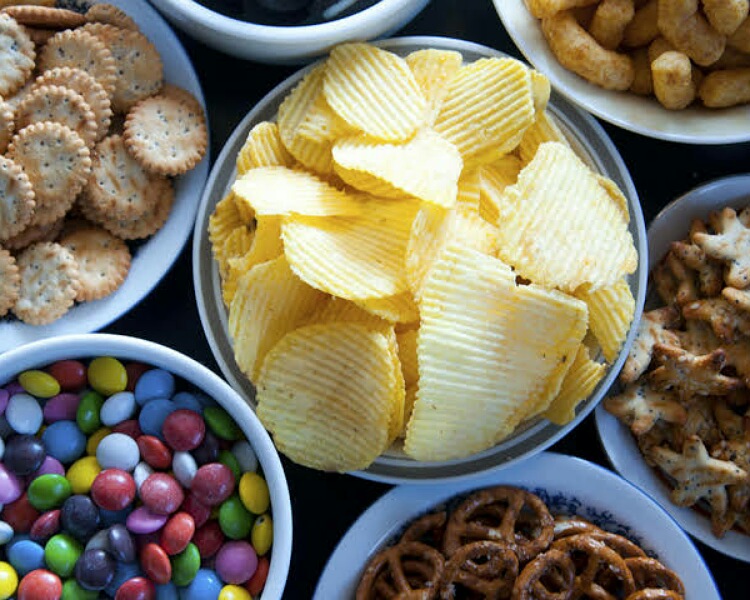Children are growing and developing. And for this, they need proper nutrition. Hence, their diet should be wholesome and nutritious to provide them with adequate calories, macronutrients and micronutrients. But a new survey showed that the diet of the British toddlers is the worst in the world.
British toddlers and their diet
Experts have sounded an alert that the diet of the british toddlers is the worst in the world. Because it consists of unhealthy and ultra processed foods that are associated with a large number of health issues. Majority of the calories that these under five kids get is from such foods that have health concerns.

Adult research has revealed that such highly processed foods contain a lot of saturated fats, calories, sugar, and salt. Hence they lead to obesity, type 2 diabetes, chronic inflammation, poor gut health, poor immunity, high blood pressure, atherosclerosis, heart ailments, high blood bad cholesterol, high blood triglycerides, stroke, and even cancer.
By extrapolation of this research to children, one can assume that such ultra processed foods can lead to a host of illnesses in kids consuming them too.
The survey
Researchers carried out a research into the diets of kids under five years of age residing in eight world countries. 66000 under -5 kids were part of this extensive survey for diet data collection. The First Steps Nutrition Trust and the University of Sao Paulo, Brazil conducted the study. And the eight nations included the UK, the USA, Australia, Brazil and also Mexico.
Earlier research has shown that ultra-processed children’s foods like baby biscuits, stick-style crisps, puffs, purée pouches and other ready meals for kids can cause weight gain and growth problems in children.

The study is published in the journal Obesity Reviews. And it found that 61 per cent of the energy intake of English children of age two to five years came from ultra-processed foods. This implies that more that half of their foods is highly processed and hence non -nutritious and unhealthy.
More on the study findings
Additionally, the study showed that the UK topped the list of nations as regards consumption of unhealthy foods by its toddlers. The british toddlers consumed the largest amount of mass produced and ready made foods. Real and whole foods were eaten less in amounts compared to the toddlers of other countries.
Experts have sounded alarm bells on these study findings. They feel that eating unhealthy foods at such an early age could set habits for latter life and this would cause a rise in deadly diseases in them in the future.

These highly processed foods are made from substandard substances and are of low nutritional value. They are high in sugar, salt and fats. Moreover, they have unnecessary additives in them which can lead to cancer. Hence experts want regulations on foods for toddlers. Their foods should not be ultra processed. Parental education in this matter is also urgently required.
In the USA, these preschool kids received 58% of their daily calories from ultra processed foods. While Australian kids of similar age got 47% of their daily calories from highly processed foods. The charity director, Vicky Sibson said:
“Ultra-processed foods dominate the diets of infants and young children in the UK and there are several good reasons to be concerned about this.”
A 2017 study of 19 countries found 50.7 per cent of the shopping basket of UK consumer contained ultra-processed foods. This was much higher than the14.2 per cent in France and 13.4 per cent from Italy.
Vicky added that parents get “misled” by packaging claims that state that the foods are “organic” or that they contain fruit and vegetable extracts. They believe that such labelled foods are healthy. They are carried away by the lies of the junk food industry. Vicky added:
“Parents go into the baby food aisle thinking it is a safe space to get healthy options for their children but they are being misled.”
“There’s a lack of regulation on marketing and composition which means companies are getting away with marketing these products as healthier than they really are.”
